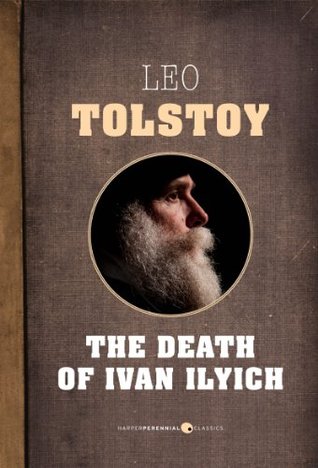More on this book
Community
Kindle Notes & Highlights
Ivan Ilyich locked to door and began to examine himself in the glass, first full face, then in profile. He took up a portrait of himself taken with his wife, and compared it with what he saw in the glass. The change in him was immense. Then he bared his arms to the elbow, looked at them, drew the sleeves down again, sat down on an ottoman, and grew blacker than night.
Ouistiti liked this
· Flag
Ouistiti
He unlocked the door and went into the reception room. The door leading to the drawing room was shut. He approached it on tiptoe and listened. “No, you are exaggerating!” Praskovya Fyodorovna was saying. “Exaggerating! Don’t you see it? Why, he’s a dead man! Look at his eyes—there’s no life in them. But what is it that is wrong with him?” “No one knows. Nikolaev (that was another doctor) said something, but I don’t know what. And Leshchetitsky (this was the celebrated specialist) said quite the contrary . .
I imagine this is the reality we all face. Looking in the mirror to see someone else dying ourselves and then listening to loved ones and doctors noting that death on the body. And listening it through the door like it’s a secret that can be kept for however long secrets last.
There, in childhood, there had been something really pleasant with which it would be possible to live if it could return. But the child who had experienced that happiness existed no longer, it was like a reminiscence of somebody else.


